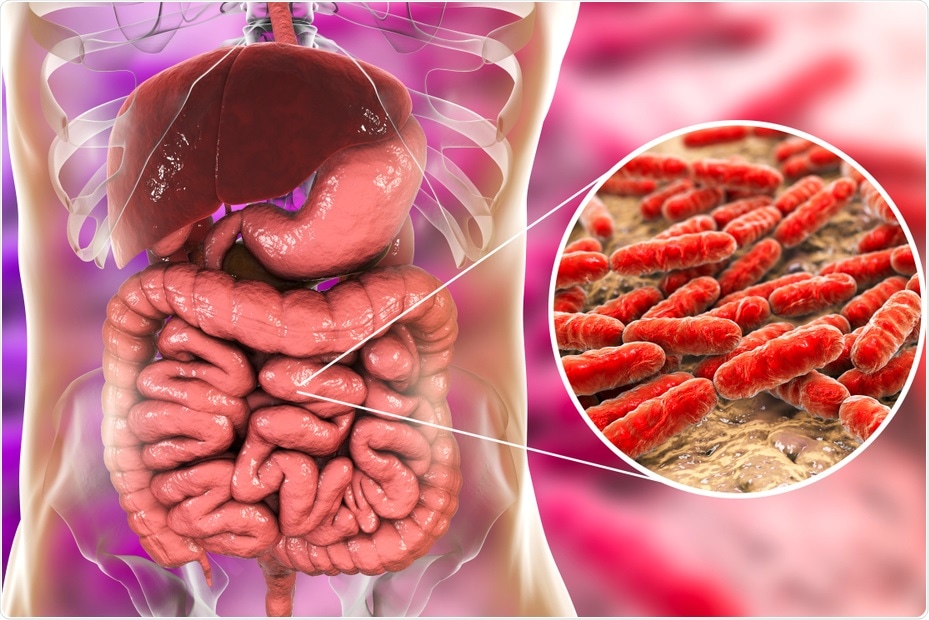A study conducted at the Medical College of Georgia at Augusta University has shown that probiotic intake can result in a significant build-up of small intestine bacteria that leads to brain fogginess.
 © Kateryna Kon/Shutterstock.com
© Kateryna Kon/Shutterstock.com
In a study including 30 patients, 22 who said they felt confused and had difficulty concentrating in addition to their gas and bloating, were all using probiotics.
As reported in the journal Clinical and Translational Gastroenterology, when the researchers investigated further, they found that the “brain-foggy” patients had large colonies of bacteria reproducing in the small intestine, as well as elevated levels of D-lactic acid.
Usually, not much D-lactic acid is produced in the small intestine, but taking probiotics seems to change that. Small intestinal bacterial overgrowth or SIBO can trigger bacteria to feed excessively, breaking down sugars and producing the hydrogen and methane gases that cause bloating.
When probiotics containing lactobacilli are added to that feeding frenzy, D-lactic acid is produced as the lactobacilli break down sugars present in food. This D-lactic acid is known to have temporary effects on neurons that interfere with cognitive processes and thinking ability.
What we now know is that probiotic bacteria have the unique capacity to break down sugar and produce D-lactic acid. So if you inadvertently colonize your small bowel with probiotic bacteria, then you have set the stage for potentially developing lactic acidosis and brain fogginess,"
Study Author Dr Satish S.C. Rao, Medical College of Georgia at Augusta University
The team reports that patients with brain fogginess had two to three times the usual amount of D-lactic acid in their blood (D-lactic acidosis).
Some of those with brain fogginess, which could last for hours after eating, said the problem was disruptive enough for them to feel they had to leave their jobs. However, once brain foggy patients stopped using probiotics and took a course of antibiotics, the problem resolved.
Rao says this seems to be the first time an association has been made between brain fogginess, SIBO, elevated D-lactic acid in the gut and probiotic use.
"Now that we can identify the problem, we can treat it," Rao says. Lactic acid can be measured using breath, urine and blood tests and endoscopy can be used to detect the specific bacteria in the small intestine that require treatment with antibiotics.